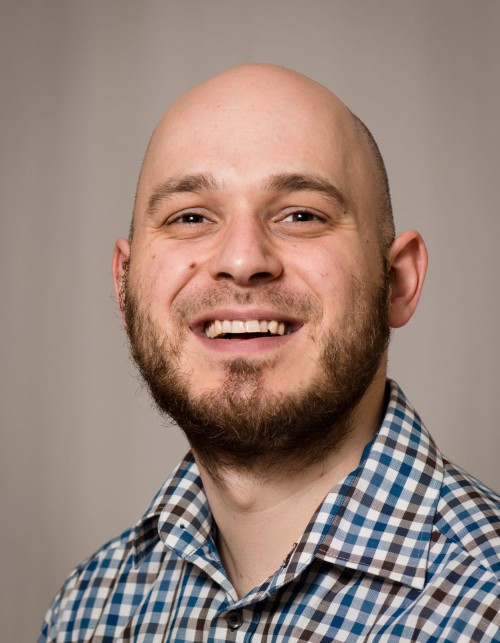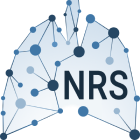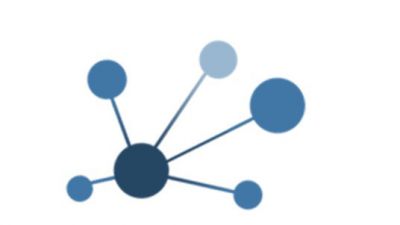Marcel Kwiatkowski received NRS Travel Grant

The “International Mass Spectrometry Conference (IMSC)” is one of the prestigious conferences in the field of mass spectrometry. This year at the IMSC in Florence, several outstanding researchers gave key note lectures. Richard M. Caprioli (Vanderbilt University School of Medicine, USA) showed impressively the latest developments in the field of MALDI mass spectrometric imaging (MSI). He showed results from a case study in which they analyzed the protein distribution in human lung tissue from a cystic fibrosis patient. They were able to detect a number of proteins with a spatial resolution of less than 30 µm including S100A8 and neutrophil defensin 1 that were found to localize specifically in the mucus-filled airways. Marcus Bantscheff (GlaxoSmithKline, Cellzome GmbH, Heidelberg, Germany) showed how quantitative proteomics can be used to study drug effects on protein homeostasis. They combined dynamic-SILAC (Stable Isotope Labelling of Amino acids in Cell culture) labelling with isobaric tandem mass tags labelling for multiplexed analysis of protein degradation and synthesis (Savitski et al. Cell, 2018 PMID: 29551266). With their innovative strategy, the group uncover different responses induced by the bromodomain and extra-terminal domain (BET) family inhibitor JQ1 and a JQ1-PROTAC (proteolysis targeting chimera), and they were able to distinguish PROTAC-induced degradation of the BET proteins from BET-dependent transcriptional regulation. My personal highlight of the IMSC was the “Life Science – Single Cell” session chaired by Peter Nemes (University of Maryland, USA). Zhibo Yang (University of Oklahoma, USA) showed impressively how his research contributed to investigate metabolomes at the single cell level not only qualitatively but quantitatively, and how he applied single cell metabolomics to identify cancers stem cell specific metabolite profiles. Bogdan Budnik (Harvard University, USA) showed the development of SCoPE-MS (Single Cell ProtEomics by Mass Spectrometry, https://doi.org/10.1101/102681) and mPOP (Minimal ProteOmic sample Preparation, https://doi.org/10.1101/399774), which makes it possible to detect thousands of proteins from single cells and to link the proteomes of single cells to functional phenotypes such as differential potentials. I was able to present my research with several posters in different poster sessions. Through the constructive scientific discussions, I initiated a number of new collaborations and developed new ideas for my current and future research projects. The conference was well attended during all sessions and there was a lot of interaction and a very nice atmosphere. I have obtained a lot of input about the latest developments in differential proteomics/metabolomics and bioinformatics data processing. In particular, the “Life Science – Single cell” session and the talk of Bantscheff provided me with new ideas. I will apply these ideas to my research project in which I investigate how macrophage polarization and inflammatory responses are regulated by changes in both metabolism and posttranslational modifications of proteins. I would like to sincerely thank the NRS for its contribution that allowed me to attend this conference.
Dr. Marcel Kwiatkowski, University of Groningen

